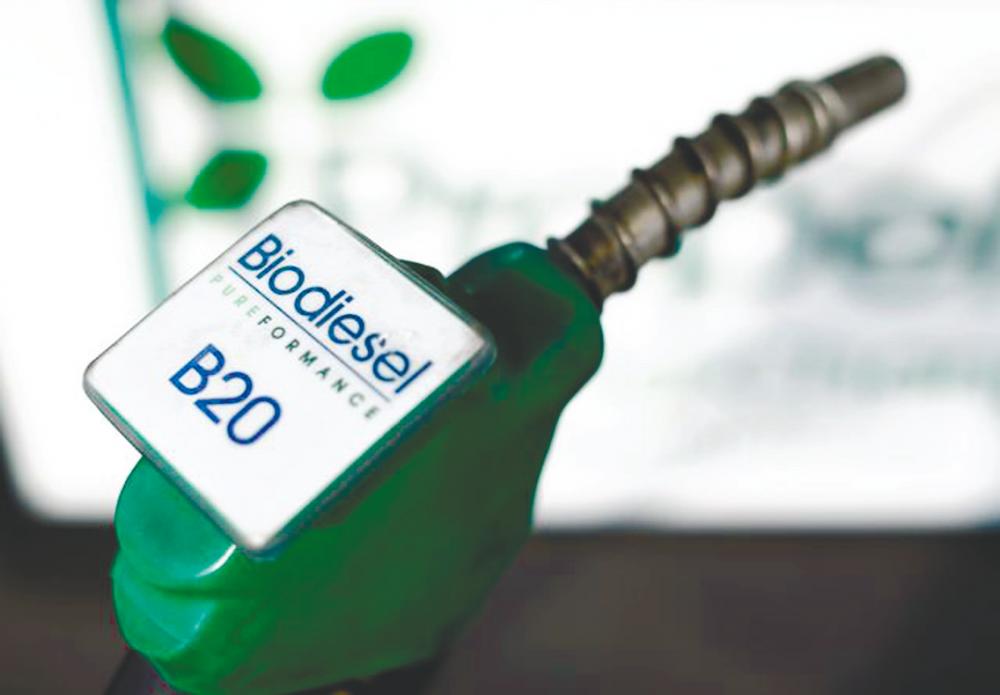PETALING JAYA: Palm oil-based biofuel demand from the European Union (EU) might disappear before the end-2030 implementation deadline imposed by Europe’s Renewable Energy Directive II (RED II), according to Sumwin Group’s founder and CEO, U.R. Unnithan.
The directive’s indirect land-use change (ILUC) risk criteria dictate that the global production area of the feedstock should not increase more than 1% annually and more than 100,000 hectares after 2008 and not more than 10% of such expansion has taken space on land with high carbon stock.
The EU has stated that only palm oil fits such criteria and thus palm oil will be phased out from the biofuel market in the union.
“This decline will start with the implementation of RED II by the union’s member states in June 2021, culminating in zero palm biodiesel use by end-2030,” Unnithan said in his paper titled “Biodiesel Market Outlook 2021” at Bursa Malaysia’s Palm and Lauric Oils Price Outlook Conference & Exhibition on Tuesday.
“But the reality is, that with many member states within the EU pushing for a non-palm biofuel agenda, one might see palm biofuel exports into the EU drop before 2030.”
Unnithan pointed out that Malaysia and Indonesia are dependent on the EU for their biodiesel exports as nearly 80% of the two country’s combined volume goes to that market.
Outside the EU, he said, the demand for palm oil biofuel is dictated by a favourable palm oil-gas oil (pogo) spread – which determines voluntary biodiesel blending based on the prices of palm oil and heating oil to do so.
Since April 2020, he said, the pogo spread has moved to well over US$400 a tonne, making it extremely difficult to find a market for discretionary blending.
Against this development, Malaysia has filed a case with the World Trade Organization on the EU’s palm biodiesel ban in January this year, while Indonesia initiated similar action back in December 2019.
On the global front, Unnithan said, there has been an explosion in biofuel production, particularly in North and South America, Asia and Europe.
In Malaysia, the B20 biofuel mandate has been a key driver since it was implemented in Sarawak last year. This will be followed by its implementation in Sabah in June this year, and Peninsular Malaysia by December.
“This initiative by the Malaysian government is expected to collectively absorb one tonne of crude palm oil (CPO) per year,” Unnithan said.
However, he noted that the country’s biofuel production did not escape the impact of the Covid-19 pandemic as 2020 was not a good year compared with 2019.
Last year, biodiesel production stood at 906,156 tonnes against 1.42 million tonnes in 2019, with exports at 378,582 tonnes (2019: 609,777 tonnes).
However, the country’s local blended volume has increased to 803,307 tonnes from 641,878 tonnes in the previous year, as some transport companies and industries have adopted the B20 and B7 mandates, respectively.
Moving forward, Unnithan projected that supply pressure on crude palm oil will continue until the second half of this year, providing strong support for prices until then but once production improves, the market could come down in the third or fourth quarter of the year.
“With that my projection for 2021’s CPO price average is RM3,500 per tonne,” he said.
In Malaysia, the B20 biofuel mandate has been a key driver since it was implemented in Sarawak last year. – REUTERSPIX













